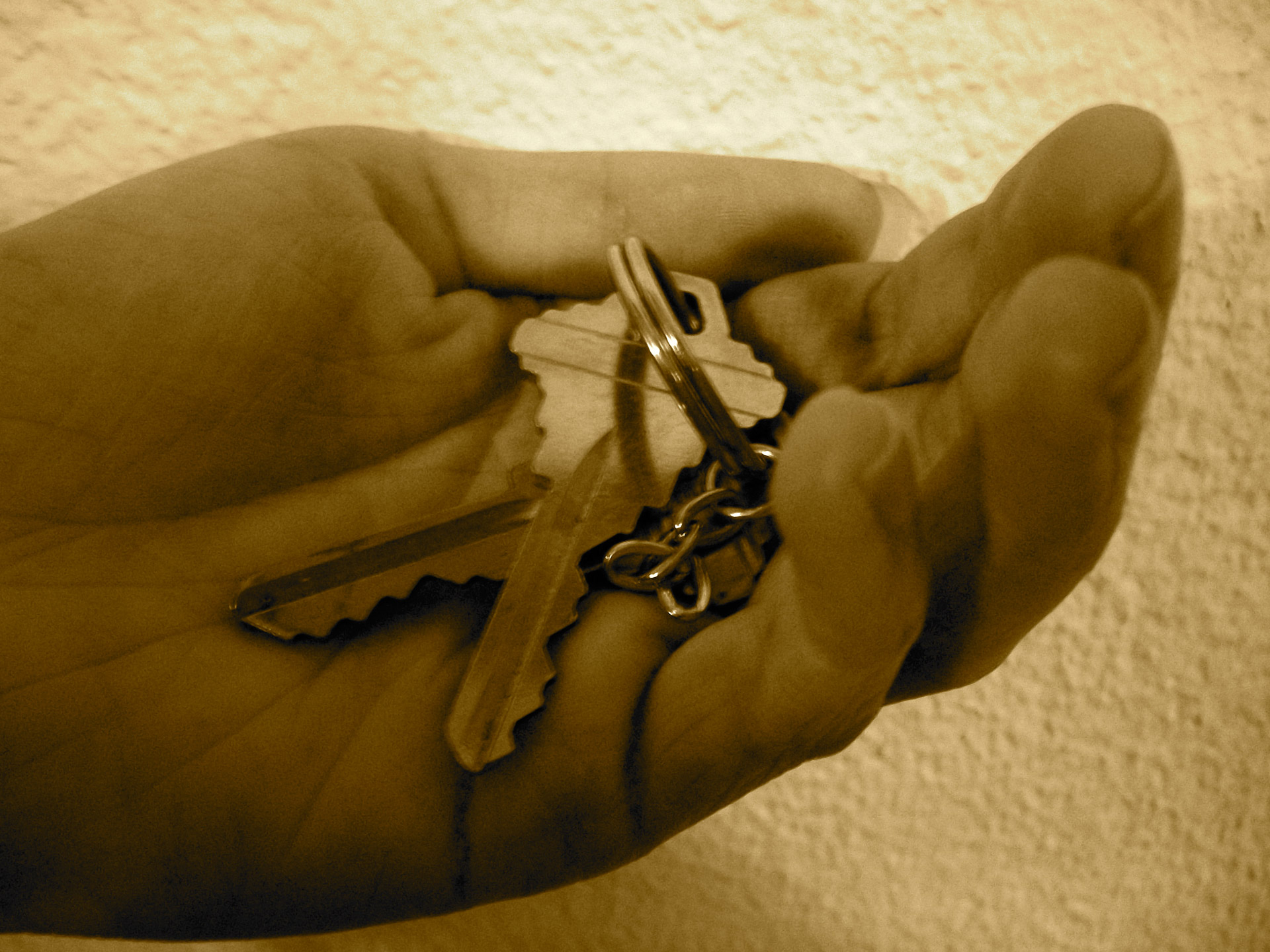“When I get to the end of my life, how will I know that I did it right?”
I’ve had that question posed to me more than once, and I have considered it myself on a number of occasions. We want to know that this life matters and that we are doing things the right way.
In the large view of eternity the thing that matters most is our relationship with Jesus. Did we turn from our sin and trust His death on the cross for payment for our sin? Did we surrender our live to Him and devote our lives to following Him? If the answer those questions is anything other than a confident “yes,” please go to this link and read about what it means to have a life-changing relationship with Him.
If you are confident in your relationship with Jesus, then these three blogs this week are for you. We will look at what Jesus had to say about the stewardship of life in His parable of the talents. You can read the parable at Matthew 25:14-30. We will discover three very important life stewardship principles: ownership, investment, and accountability.
Ownership
The starting point for living life the way God intended is to settle the question of who owns our life.
Consider three ownership truths Jesus reveals to the life steward at the beginning of the parable.
1. Everything that we have, experience, and do belongs to God.
Jesus opens the parable stating that before going on a journey, the Master entrusts to his slaves His property. The life steward recognizes that our life exists for God’s purpose. We use the possessions He has given us to serve Him. Our jobs become workplace mission fields in which we represent Him. We set our goals and priorities in ways that put His agenda first. (Matthew 6:33)
[Tweet “The life steward recognizes that our life exists for God’s purpose.”]
2. God trusts us with what is His.
Jesus said the Master entrusted his property to His servants. That is a sobering thought. God trusts me with things that are His. Think about things with which God has trusted you – a family, a job, possessions, skills and abilities, opportunities. Our perception of things in our lives changes when we realize they belong to God and He trusts us with them. When we think they belong to us, we may not exercise the best stewardship. When we realize God’s trust in us, we become much more serious about managing our lives.
[Tweet “That is a sobering thought. God trusts me with things that are His.”]
3. God gives us what He knows will challenge us.
The “talent” to which Jesus referred was the equivalent of 20 years of wages for a common laborer. Based on today’s minimum wage, a talent would amount to roughly $290,000. So the master trust one slave with $1.45 million, another with $580,000, and the third with $290,000. Even in today’s inflated economic values, that is a LOT OF TRUST.
God recognizes we are not all equal in our skills, abilities, and spiritual walk. He gives each of us just enough to stretch our faith. Sadly, I sometimes play the comparison game and envy those who seem to have more than I have. But God gives to each of us what will challenge our abilities and stretch our faith. The life steward does not concern himself with the more or less of others. He devotes himself to managing what God has given Him in the most effective and fruitful way.
[Tweet “He gives each of us just enough to stretch our faith.”]
So, you see, it does change our perception when we realize our life is not our own. God has trusted us with all that we have, expecting us to use it for His agenda.
Questions to consider:
1. How can I use the material blessings I enjoy for God’s purposes?
2. How can I represent God with my job?
3. Do my goals and priorities indicate that I recognized God’s agenda first?
4. What investments am I making in God’s Kingdom now? In the next week, month, year?
5. In what ways can you change your perspective to recognize God’s ownership of your life?


Pingback: Investment - What Am I Doing? - www.jimduggan.org